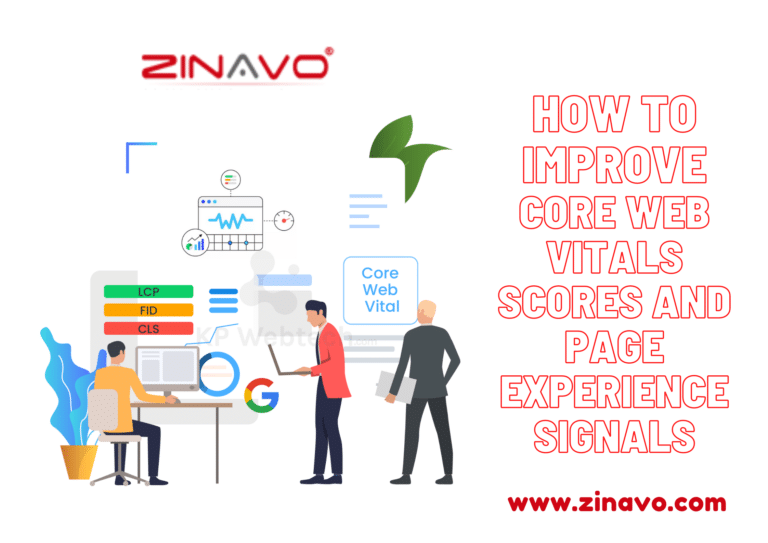Page experience will be included as a ranking signal in Google’s algorithms in 2021.
Rather than traditional, more objective signals such as Page Rank and on-page targeting used in the past, this change considers the user experience of websites in the SERP’s. In order to optimize your website for the different aspects of page experience, you need to understand the different facets of the upcoming Google update. As announced by Google, there are different elements that will factor into the overall experience on a page. There are the 7 following tips:-
Core Web Vitals: A combination of three key performance metrics – Largest Contentful Paint, First Input Delay, and Cumulative Layout Shift – that measure how quickly a page loads, interacts with its users, and has visual stability as it loads.
Largest Contentful Paint (LCP): The Measures loading performance. The LCP should take place within 2.5 seconds of the page first starting to load to ensure a good user experience.
First Input Delay (FID): A Measure of Interaction. User experience can be improved by keeping pages on a page ID under 100 milliseconds.
Cumulative Layout Shift (CLS): A Measures Visual Stability. A good user experience is provided by pages that maintain a CSS level of 0.01 or lower.

Mobile-Friendliness: A measure of how well a website navigates and acts on mobile devices, such as the readability of content and whether links are clickable.
Safe Browsing: Checks for issues such as malware, phishing, and hacked content on a website to ensure it is safe for users.
HTTPS: Checks whether the connection between a website and the server is secure and if it is HTTPS (as recommended).
Non-Intrusive Interstitials: Make sure that important on-page content is not blocked from being viewed.
I have put together some tips for optimizing your site for key aspects of page experience to make sure it is ready for this change.
These improvements include faster and smoother visual loading, enhanced mobile usability, and enhanced website security.
Conclusion:
In addition to improving your website’s performance in the future as well as ensuring positive experiences for your users now, improving page experience should help make your website ready to capitalize on upcoming algorithm updates. In web design, page experience refers to a set of indicators that quantify how users perceive an interactivity with a website beyond using it for information. In addition, it measures Core Web Vitals, which are a set of metrics related to loading speed, interactivity, and page stability.



